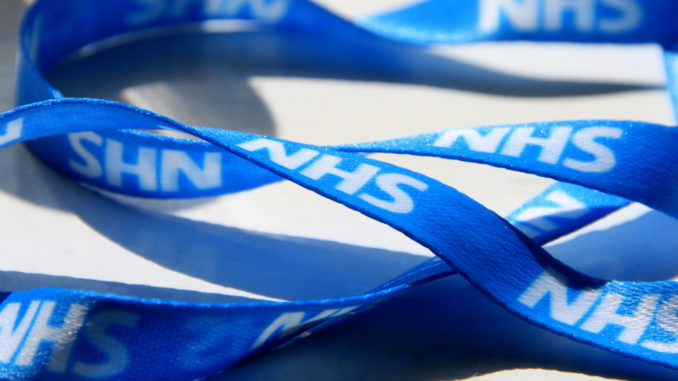
Health leaders in Humber and North Yorkshire are raising concerns over the potential spread of measles this winter.
They’re encouraging people to speak to their GP practice about getting up to date with their vaccinations, including the Measles Mumps and Rubella (MMR) vaccine.
Data from the UK Health Security Agency shows there has been a steady rise in measles cases this year.
It recently published a measles risk assessment which concluded that although the risk of a UK-wide measles epidemic is considered low, a measles outbreak of between 40,000 and 160,000 cases could occur in London, due to lower uptake of the MMR vaccine in the capital.
Increasing uptake in the MMR immunisation programme to meet the World Health Organisation (WHO) target of 95% coverage with two doses of MMR vaccine by age five years “is essential to maintain measles elimination status for the UK and prevent measles outbreaks from occurring”.
Latest figures show only 84.5% had received a second shot of the MMR jab in England – the lowest level since 2010-11.
Jack Lewis, consultant in public health with the Humber and North Yorkshire Health and Care Partnership, said: “Measles is more than just a rash. It is highly infectious and we’re seeing cases on the rise.
“If you are not protected and you have even a passing contact with someone who has measles, there’s every chance you will become infected too.
“There is no treatment or cure for measles, but the MMR vaccine offers excellent protection against this dangerous disease.
“While we would strongly urge parents to make arrangements for their child to be vaccinated, it’s worth emphasising the MMR vaccine isn’t just for children.
“It is important at any age, particularly if you have a weakened immune system or long-term health condition.
“So if you are not fully vaccinated, do make an appointment with your GP practice to catch up on any missing vaccinations.”
Measles is highly infectious and can lead to serious health complications, particularly in immunosuppressed individuals and young infants. It is also more severe in pregnancy, and increases the risk of miscarriage, stillbirth or preterm delivery.
Between 1 January and 30 September, there were 149 laboratory-confirmed measles cases in England – compared with 54 in the whole of 2022.


Be the first to comment